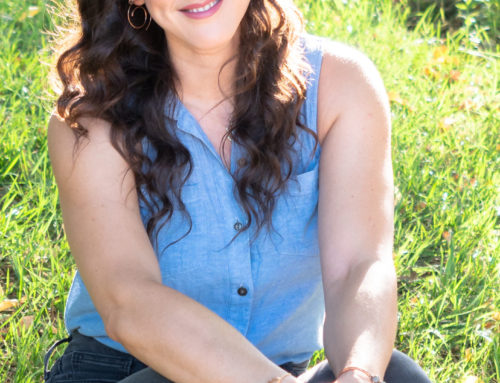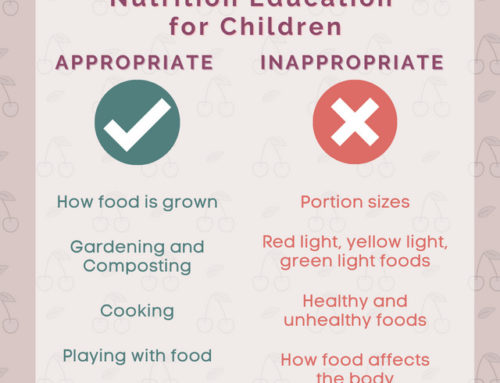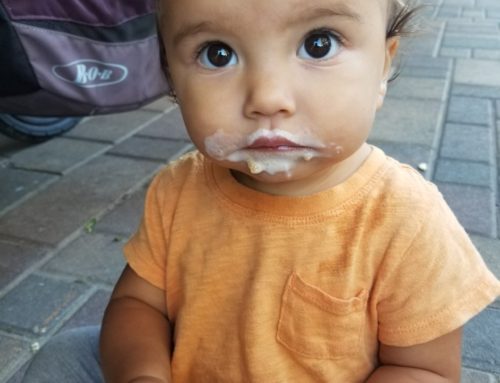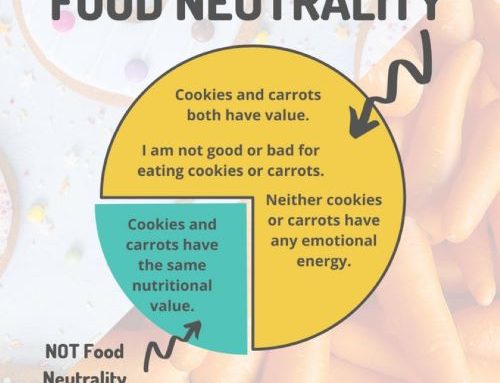I am so thankful I was given the opportunity to go on KTLA news to talk about the new Netflix show, ‘Insatiable’, and fat shaming in our society. Unfortunately, news segments are short and sometimes cut even shorter thanks to an Emergency Broadcasting requirement, so I have much more to say that we were not able to discuss. So, here are my post-broadcast thoughts.
‘Insatiable’ is a show about to air on August 10, 2018 by Netflix. The plot is a young teenager, “Fatty Patty”, is bullied for being fat. In the trailer they show her with a picture of a pig on her locker, girls saying she smells like bacon, and her looking in the mirror, at her fat body, in misery. She goes out one night to get a candy bar, is punched in the face by a homeless man, has her jaw wired shut, loses weight, and returns to school after summer break as the conventional American beauty. She is noticed by her peers, called “hot”, and says now she can be anything she wants to be. The only thing she wants is to get revenge on all who have wronged her.
Once the trailer hit, many people were upset about the show’s messaging and a petition was started to cancel the show. Netflix, the creator of the show, and the actors are defending the show and saying, “give it a chance”. The creator, Lauren Gussis, says this is her story and she wants to bring awareness to fat shaming and the fact that changing your appearance can’t make you happier. I haven’t seen the show, so I can’t speak to all of it, but I can speak to the messages that seem to be displayed in the trailer, and if Lauren Gussis says we should talk about it, then let’s talk about it…
Fat shaming is so inherent in our culture that it’s considered acceptable. Fat shaming is making assumptions or judgments about someone, criticizing them based on their body size, or making it difficult for them to be a part of society. Fat shaming is assuming someone eats certain foods, has a specific activity level or life style, or is incapable of certain activities because of their body. It’s not accommodating people or offering comforts that thin people have, such as clothing that fits and seats that hold them. It’s also more overt, like staring at people, telling them they should or shouldn’t eat or wear something, or making noises or gestures. Fat shaming is discriminating by denying someone a job or opportunity because of their size. It’s practically ingrained in our healthcare system. People cannot get appropriate healthcare because their “obesity” is considered a pre-existing condition. They are denied a procedure or surgery and told to come back for it after they lose weight. Or they go in to get medical care for a specific symptom and are told to lose weight when it is not even related or questioned. In fact, I had a client go to the doctor because she was experiencing nausea, fatigue, and muscle weakness she had not previously been experiencing. Nothing had changed recently regarding her food or activity, including running regularly with a running group. Without asking about any of her behaviors or history, her doctor told her, “You are severely obese and need to lose weight.” My client had not previously had these symptoms, had not gained weight, and she exercises regularly. How can a physician make a blanket statement without even discussing her behaviors? And even more, what would he say to a patient in a smaller body? He would say, “Let’s run some tests. Has anything changed in your food or activity? Have you been experiencing stress or anxiety?” There are a myriad of things this could be that are NOT related to the size of someone’s body, but somehow that always gets the blame.
The fat shaming is apparent in the ‘Insatiable’ trailer. “Fatty Patty” is depicted as a stereotypical fat person. She is sitting on the couch eating ice cream, cool whip, and candy; unable to exercise at PE without getting winded; does not have many friends; and despises her body. The trailer even states, “[Patty] was at home stuffing another hole.” Of course, a fat person MUST eat a lot, eat all “junk” food, and hate their body and their life. Once she has her jaw wired shut she loses weight, suggesting she is fat because she eats too much, and if only she would eat less, she would have lost weight. Further, she is only portrayed as sexy, confident, powerful, and able to seek revenge once she loses the weight.
Other harmful narratives Insatiable promotes are the thin ideal, the standard of beauty, starvation, and fat phobia. The thin ideal is the idea that thin is better and everyone can be thin. We should try to turn fat people into thin people, and inside every fat person is a thin person waiting to come out. However, we all live in different sized bodies. Regardless of what we eat and how much we exercise, we will still all have different bodies.
The American standard of beauty is young, white, cis-gendered, and able, with large breasts, a small waist, and a thigh gap (the “after” Patty). In our society it is believed anyone who does not fit this portrait should be trying to achieve it. We continue to see the before and after pictures posted on social media and shown in marketing by weight loss companies. It’s as though everyone could be like the “after” if only they tried the right product or tried a little harder. The ‘Insatiable’ trailer reinforces the idea that we are all trying to achieve this ideal. As we continue to promote this standard, we stay wrapped up in the story that we are not okay today and we can always try harder to reach the desired goal. It keeps people of other body sizes, races, abilities, and non-binary genders oppressed.
‘Insatiable’ also encourages starvation. When Patty’s jaw is wired shut, she loses weight, suggesting, when you eat less you will lose weight, lose it rapidly, and be conventionally attractive. And if everyone would eat less, they would lose weight. We know this is not true. There are people in larger bodies who are starving themselves and never losing weight, feeling like they are doing it wrong or not good enough because they cannot lose the weight. It also promotes finding ways to lose weight, no matter how extreme. Disordered eating is rampant in our society, and the methods to achieve weight loss transformation are already extreme. There are no doubt young girls now trying to figure out how to get their jaws wired shut or how to prevent food from going in.
Fat phobia is pervasive in our society. It is the fear of being fat and the fear of fat people. Fat phobia harms people in larger bodies because they are treated as lesser human beings and told they are fat because they don’t work hard enough and eat too much. They are fat because it’s their fault. It keeps us focused on finding solutions to make fat people into thin people instead of focusing on how to accommodate and treat all bodies humanely. We stay focused on “fighting the war on obesity” instead of understanding how to provide appropriate medication and healthcare to people in larger bodies, blaming them instead. Fat phobia also harms people in smaller bodies because they are so fearful of becoming fat they will go to any length to not let it happen, further promoting disordered eating behavior and diet culture.
I understand the intention of this show may not have been to cause harm, but that doesn’t mean it isn’t damaging. I have only seen the trailer and do not want to judge an entire book by its cover, but I will caution this: Fat shaming is so pervasive in our society, it’s hard to see it when your swimming in the polluted waters. When people in affected communities are reaching out about the harm, listen. When you know better you can do better. So far, this story reinforces the same narratives: fat is bad and fat people have control over their bodies; thin is good; starvation and disordered eating will make you look thin and attractive; the only way to be attractive is to be young, white, thin, cis-gendered, and able-bodied. It continues the oppression. I understand this is one story, but I believe, if you really want to bring awareness to this issue and empower women, hire a fat actress instead of putting a thin one in a fat suit, and make her strong, powerful, sexy, and able to seek revenge in her fat body.








Leave A Comment